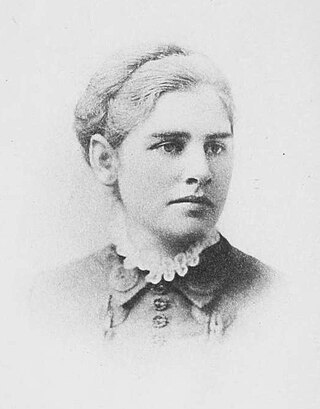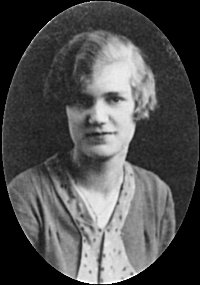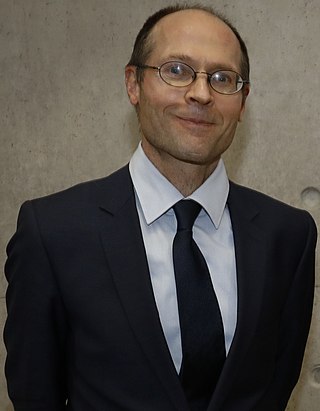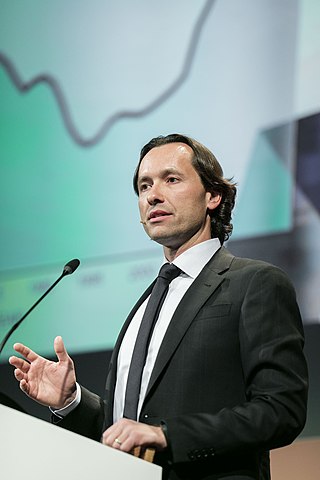Related Research Articles
Development economics is a branch of economics that deals with economic aspects of the development process in low- and middle- income countries. Its focus is not only on methods of promoting economic development, economic growth and structural change but also on improving the potential for the mass of the population, for example, through health, education and workplace conditions, whether through public or private channels.
Agricultural economics is an applied field of economics concerned with the application of economic theory in optimizing the production and distribution of food and fiber products. Agricultural economics began as a branch of economics that specifically dealt with land usage. It focused on maximizing the crop yield while maintaining a good soil ecosystem. Throughout the 20th century the discipline expanded and the current scope of the discipline is much broader. Agricultural economics today includes a variety of applied areas, having considerable overlap with conventional economics. Agricultural economists have made substantial contributions to research in economics, econometrics, development economics, and environmental economics. Agricultural economics influences food policy, agricultural policy, and environmental policy.

Theodore William Schultz was an American Agricultural economist and chairman of the University of Chicago Department of Economics. Schultz rose to national prominence after winning the 1979 Nobel Memorial Prize in Economic Sciences.

Katharine Ellis Coman was an American social activist and professor. She was based at the women-only Wellesley College, Massachusetts, where she created new courses in political economy, in line with her personal belief in social change. As dean, she established a new department of economics and sociology.

In international relations, aid is – from the perspective of governments – a voluntary transfer of resources from one country to another.

Devaki Jain is an Indian economist and writer, who has worked mainly in the field of feminist economics. In 2006 she was awarded the Padma Bhushan, the third-highest civilian award from Government of India, for her contribution to social justice and the empowerment of women.

Education in Rwanda has undergone considerable changes throughout Rwanda's recent history, and has faced major disruptions due to periods of conflict. Education was divided by gender whereby women and men had a different education relevant to their responsibilities in day-to-day life. Women were mostly taught housekeeping while men were mainly taught how to hunt, raise animals, and fish. This is because Rwanda was a community-based society where every member had a specific contribution to the overall development of the community. Older family members like grandparents usually took on the role of educators.

Global Peace Index (GPI) is a report produced by the Institute for Economics & Peace (IEP) which measures the relative position of nations' and regions' peacefulness. The GPI ranks 163 independent states and territories according to their levels of peacefulness. In the past decade, the GPI has presented trends of increased global violence and less peacefulness.
Michael Paul Todaro is an American economist and a pioneer in the field of development economics.

Ester Boserup was a Danish economist. She studied economic and agricultural development, worked at the United Nations as well as other international organizations, and wrote seminal books on agrarian change and the role of women in development.

Olivier De Schutter is a Belgian legal scholar specialising in economic and social rights. He served as the United Nations Special Rapporteur on the right to food from 2008 to 2014. He is a Professor of international human rights law, European Union law and legal theory at the University of Louvain (UCLouvain) in Louvain-la-Neuve, Belgium, as well as at the College of Europe and at Sciences Po in Paris. He was a regular visiting professor at Columbia University between 2008 and 2012 and has regularly contributed to the American University Washington College of Law's Academy on Human Rights and Humanitarian Law. He is the first chair of the Belgian Advisory Council on Policy Coherence for Development and he co-chairs the International Panel of Experts on Sustainable Food Systems (IPES-Food), a group of experts from various disciplines and regions who work together towards developing proposals for food systems reform. A Member of the UN Committee on Economic, Social and Cultural Rights between 2015 and 2020, he was appointed the UN Special Rapporteur on extreme poverty and human rights, and took up his functions on May 1, 2020.

Edward "Ted" Andrew Miguel is the Oxfam Professor of Environmental and Resource Economics in the Department of Economics at University of California, Berkeley, US. He is the founder and faculty director of the Center for Effective Global Action (CEGA) at U.C. Berkeley.

The culture, evolution, and history of women who were born in, live in, and are from the continent of Africa reflect the evolution and history of the African continent itself.
Isabel Bevier was one of the pioneers in the development of the scientific study of women’s labor in the home, today known as "home economics". In 1900 she began developing the “household science” program at the University of Illinois at Urbana-Champaign.
Victoria N. Bateman is a British feminist economist and academic, specialising in economic history. She is a fellow in economics at Gonville and Caius College, Cambridge. She is Director of Studies for the Economics Tripos at Gonville and Caius College.
Nancy Qian is a Chinese American economist and currently serves as the James J. O'Connor Professor in the Kellogg School of Management Managerial Economics and Decision Sciences and a Professor by Courtesy at the Department of Economics at Northwestern University. Her research interests include development economics, political economy and economic history. She is a leading development economist and an expert of autocracies and the Chinese economy.
Ekaterina Zhuravskaya is a Professor of Economics at the Paris School of Economics and EHESS. She was formerly a professor at New Economic School in Moscow and the academic director of the Center for Economic and Financial Research, the school's policy-oriented think tank. She was the 2018 recipient of the Birgit Grodal. She was given a biennial award as a "a European-based female economist who has made a significant contribution to the Economics profession." In 2021 she was named a Fellow of the Econometric Society.

Elisabeth Sadoulet is an economist and Professor of Agricultural and Resource Economics at the University of California, Berkeley who has carried out field research in China, India, Latin America, and sub-Saharan Africa. Sadoulet was the editor of the World Bank Economic Review from 2010 to 2013, and is a fellow of several scholarly associations in the fields of agriculture and economics.

In Praise of Blood: The Crimes of the Rwandan Patriotic Front is a 2018 non-fiction book by Canadian journalist Judi Rever and published by Random House of Canada; it has also been translated into Dutch and French. The book describes alleged war crimes by the Rwandan Patriotic Front (RPF), Rwanda's ruling political party, during its ascent to power in the 1990s.
Jill Jennifer McCluskey is an American economist. She is a Distinguished Professor of Sustainability and Director of the School of Economic Sciences at Washington State University.
References
- 1 2 3 "My website - University of Antwerp". Archived from the original on 2018-07-25. Retrieved 2018-11-29.
- ↑ "Marijke Verpoorten - Universiteit Antwerpen".
- ↑ "Teaching - University of Antwerp".
- ↑ "Teaching - University of Antwerp".
- ↑ "(My) links - University of Antwerp".
- ↑ "Rwanda - University of Antwerp".
- ↑ "Benin - University of Antwerp".